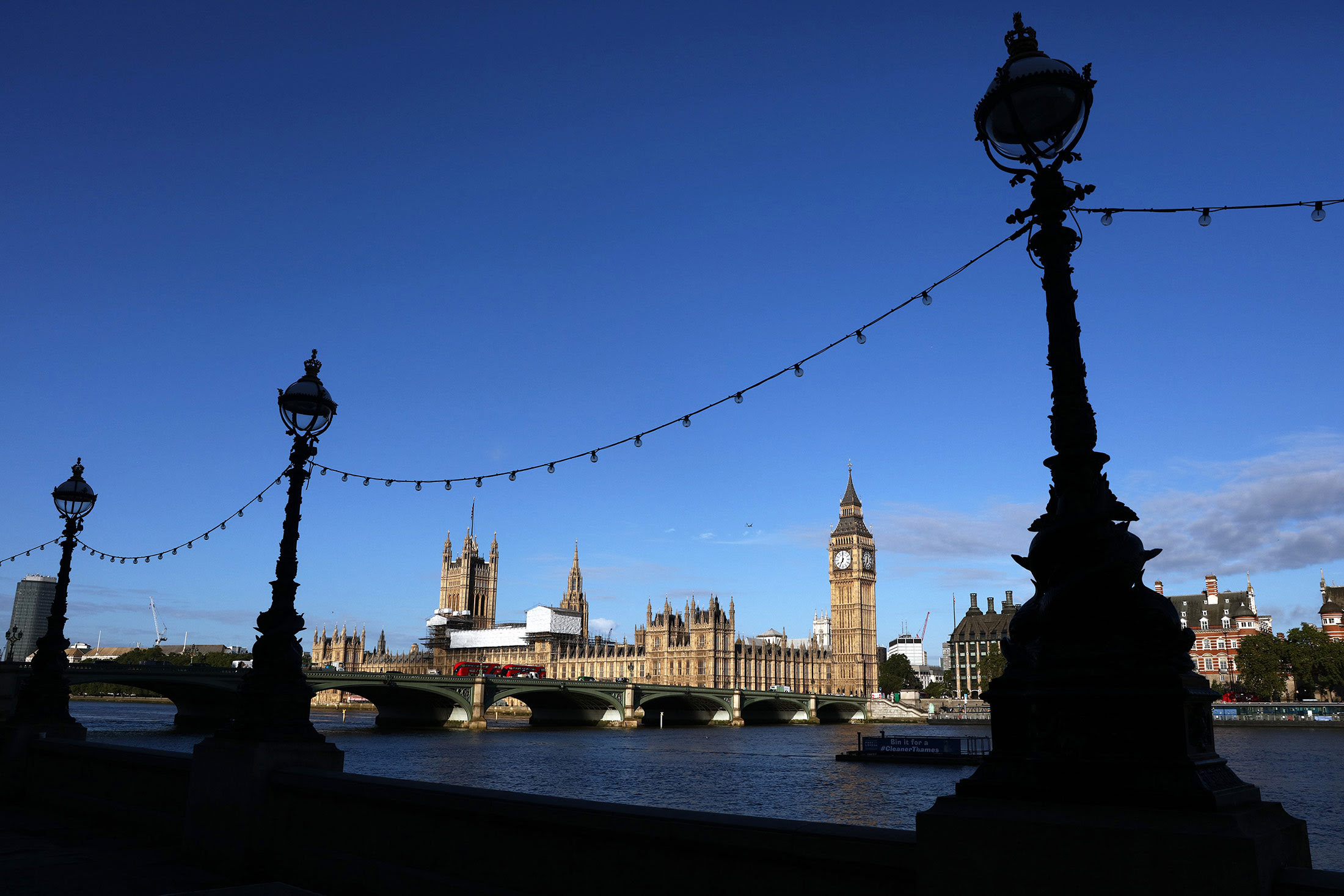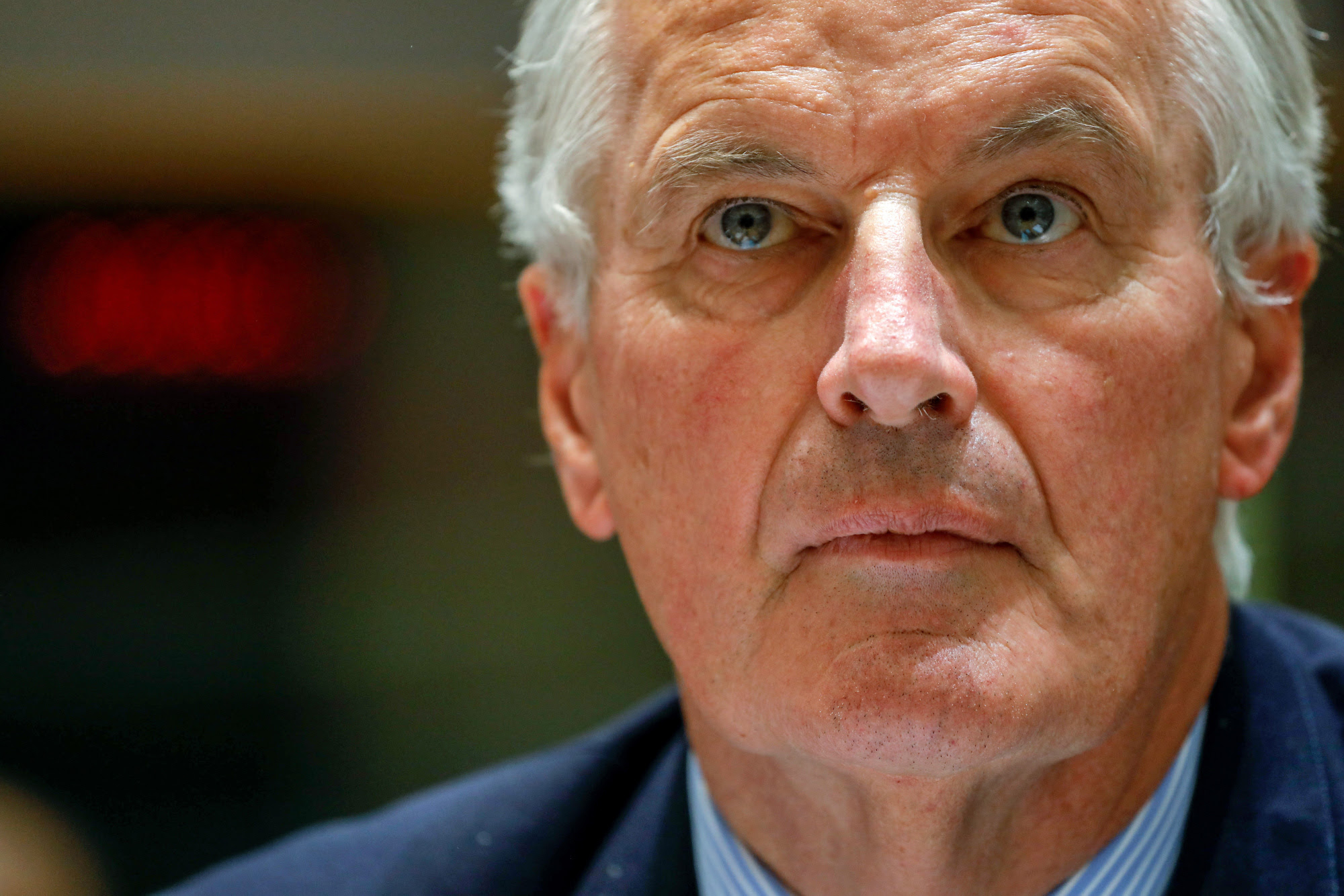Deutsche’s Operation Bowline
Deutsche Bank is considering sending cash and staff to the European continent.
Germany’s biggest bank may shift about €300 billion ($350 billion) from the balance sheet of its U.K. entity to Frankfurt following Britain’s decision to leave the European Union, report Bloomberg’s Will Canny and Steven Arons, citing a person familiar with the matter. That's equivalent to almost a fifth of Deutsche Bank’s balance sheet, which listed €1.59 trillion in total assets at the end of last year.

The project, dubbed Bowline, calls for trading in the German city to go live in September 2018 and for assets to be moved over by March 2019, said the person, who asked for anonymity in discussing internal matters.
Chief Executive Officer John Cryan recently told employees in a video message that he’s girding for a hard Brexit, with the “vast majority” of trades currently booked in London probably moving to Frankfurt.
The bank plans to start informing clients from September that their contracts will be switched to Frankfurt.
– Simon Kennedy Foxed on EU Trade Deal
Liam Fox, one of the most pro-Brexit members of Prime Minister Theresa May’s Cabinet, staged another retreat on Monday by acknowledging it will be hard for Britain to negotiate a new trading relationship with the EU before it leaves the bloc in 2019.
In another sign the U.K. will seek a transitional period, Fox said in Washington that “it would be nice to think we could get a full trade agreement by the time we get to March 2019, but that would be an optimistic view of recent free-trade agreements.”

His comment came a week after he suggested politics, rather than economics, would be the main obstacle to any swift trade deal with the EU and a day after he shifted gears on the length of any implementation phase from a “few months” to potentially as long as 25 months.
After meeting U.S. trade officials to discuss a possible pact, Fox said “we have a strong foundation on which to build” and that the immediate priority was to give “commercial continuity for U.S. and U.K. businesses.”
Carolyn Fairbairn, director general of the Confederation of British Industry, said in Brussels that the priority should be an accord with the EU.
The main opposition Labour Party has its own fissures over future trade links. The Guardian reported its top officials are at odds over whether the U.K. can remain in the tariff-free customs union when it leaves the EU.
Calling Fowl
The government was warned British farmers risk losing out to cheaper, imported food after leaving the EU if ministers don’t keep strict standards for farm animal welfare, in a report published overnight by a House of Lords sub-committee.

As the government works out trade deals after Brexit, welfare standards could decline and create an opportunity for lower-cost producers, which would disadvantage British farmers, the EU Energy and Environment Sub-Committee lawmakers said in a report on Tuesday. U.K. farms have some of the world’s highest animal welfare standards and also high production costs.
“The government may find it hard to reconcile its free trade ambitions with its commendable desire for preserving high farm-animal welfare standards,” said Robin Teverson, chairman of the sub-committee.
Fox declined to say whether he would eat a chlorinated chicken, instead accusing the media of being “obsessed” with the details of how American farmers treat their produce.
Brexit in Brief
And Finally...
Brexit is not to blame for your smaller chocolate bar.
Despite complaints last year that the U.K.’s exit from the EU was behind smaller Toblerones, the Office for National Statistics said on Monday that an analysis of so-called shrinkflation failed to show “a noticeable change following the referendum that would point towards a Brexit effect.”
That may be little compensation for British consumers. The statistics agency found that in the past five years, 2,529 products have shrunk, while 614 have increased in size.
 |



Comentarios
Publicar un comentario